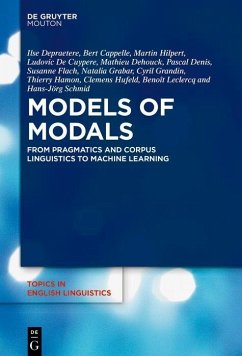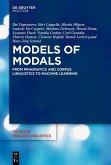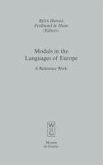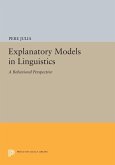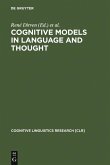Modal verbs in English communicate delicate shades of meaning, there being a large range of verbs both on the necessity side (
must,
have to,
should,
ought to,
need,
need to) and the possibility side (
can,
may,
could,
might,
be able to). They therefore constitute excellent test ground to apply and compare different methodologies that can lay bare the factors that drive the speaker's choice of modal verb. This book is not merely concerned with a purely grammatical description of the use of modal verbs, but aims at advancing our understanding of lexical and grammatical units in general and of linguistic methodologies to explore these. It thus involves a genuine effort to compare, assess and combine a variety of approaches. It complements the leading descriptive qualitative work on modal verbs by testing a diverse range of quantitative methods, while not ignoring qualitative issues pertaining to the semantics-pragmatics interface. Starting from a critical assessment of what constitutes the meaning of modal verbs, different types of empirical studies (usage-based, data-driven and experimental), drawing considerably on the same data sets, shows how method triangulation can contribute to an enhanced understanding. Due attention is also given to individual variation as well as the degree to which modals can predict L2 proficiency level.
Ilse Depraetere (Université de Lille), Bert Cappelle (Université de Lille), Martin Hilpert (Université de Neuch?tel),
Ludovic De Cuypere (UGent, VUB), Mathieu Dehouck (CNRS, Lattice), Pascal Denis (Inria, MAGNET), Susanne Flach (Zürich), Natalia Grabar (CNRS, STL), Cyril Grandin, Thierry Hamon (Paris 13, LISN), Clemens Hufeld (LMU München), Benoît Leclercq (Paris 8), Hans-Jörg Schmid (LMU München)
Dieser Download kann aus rechtlichen Gründen nur mit Rechnungsadresse in A, B, BG, CY, CZ, D, DK, EW, E, FIN, F, GR, HR, H, IRL, I, LT, L, LR, M, NL, PL, P, R, S, SLO, SK ausgeliefert werden.

